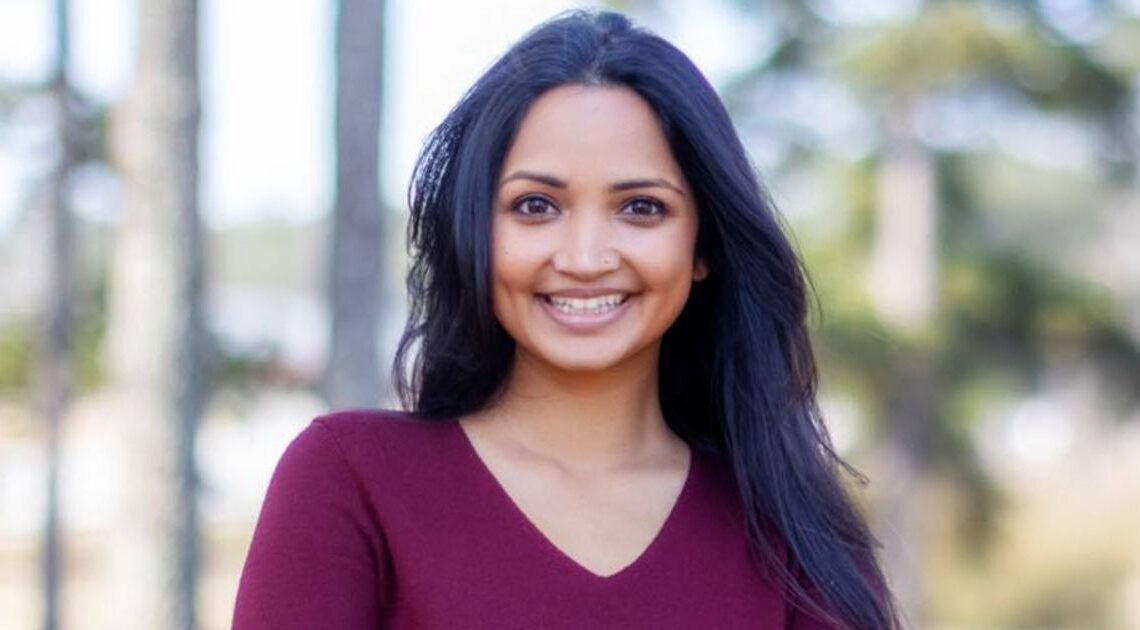Abdelnasser Rashid was one of the dozens of American Muslims who ran for office in 2018.
It was dubbed the Muslim blue wave, where more than 90 American Muslims ran for office up and down the ballot, emboldened to push back against then-President Donald Trump’s hateful rhetoric and policies toward their community.
Rashid, a 33-year-old Harvard graduate, ran for his local county commissioner office but lost by 1% to the incumbent.
He didn’t give up. In 2020, Rashid ran for a position on Illinois’ Cook County Board of Review, a property tax administration role. He didn’t land that one either.
Now, Rashid is taking everything he has learned and making his third run ― this time for state representative.
During the 2018 midterms, American Muslims jumped into politics in record numbers. The candidates were mostly young, mostly inexperienced: long shots, in other words. Many of them didn’t run again after their losses, or left politics entirely.
But then there were candidates like Rashid, who hasn’t stopped fighting for his chance to formally serve in public office. Four years later, a number of American Muslim candidates are still running — now with years of experience under their belts.
“We’re seeing fewer long-shot candidates running and many more serious candidates running,” said Mohammed Missouri, the executive director of Jetpac, a nonprofit that works to increase Muslim representation in U.S. government and politics.
This time around, rather than running as a direct response to Trump, Muslim candidates are aiming for long-term gains with more diverse policy platforms. They have developed mature political strategies and are focusing on securing seats in local and state politics.
“It’s about running for positions where policy is being decided on a local level that impacts our community, and having a voice at the table and influencing those policies in a positive way,” Missouri said.
A record 181 candidates who identify as Muslim were on 2020 ballots across 28 states and Washington, D.C., according to a report by Jetpac, the Council on American-Islamic Relations and Mpower Change, a social justice organization. The report, released Wednesday, analyzes the 2020 campaigns of Muslim American candidates, 80 of whom were ultimately elected to office. By contrast, 49 Muslim candidates were elected to public office in 2019, and 57 were elected in 2018.
Rashid’s work in politics began years before Trump ran for president, in 2008, when he took…
Click Here to Read the Full Original Article at Women…

